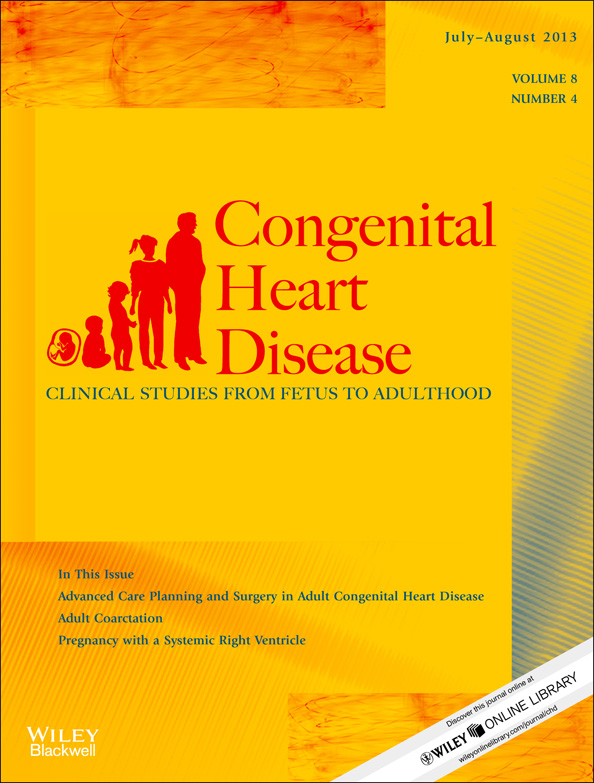Long-term Outcome Following Pregnancy in Women with a Systemic Right Ventricle: Is the Deterioration due to Pregnancy or a Consequence of Time?
Abstract
Introduction.
The right ventricle (RV) supports the systemic circulation in patients who have had an intraatrial repair of transposition of the great arteries or have congenitally corrected transposition. There is concern about the ability of a systemic RV to support the additional volume load of pregnancy, and previous studies have reported deterioration in RV function following pregnancy. However, conditions with a systemic RV are also associated with progressive RV dysfunction over time. To date, no study has examined whether the deterioration associated with pregnancy is due to the physiological changes of pregnancy itself, or is part of the known deterioration that occurs with time in these patients.
Methods.
Women who had undergone pregnancy under the care of the Adult Congenital Heart Disease Unit at the Queen Elizabeth Hospital were retrospectively identified and matched to separate male and nulliparous female controls. Functional status (New York Health Association [NYHA]), RV function, and systemic atrioventricular valve regurgitation were recorded for each group at baseline, postpregnancy (or at 1 year for control groups) and at latest follow-up.
Results.
Eighteen women had 31 pregnancies (range 1–4) resulting in 32 live births. There were no maternal but one neonatal death. At baseline, there was no significant difference in NYHA class or RV function between pregnancy and control groups. In postpregnancy, there was a significant deterioration in the pregnant group alone for both NYHA class (P = 0.004) and RV function (P = 0.02). At latest follow-up, there was a significant deterioration in RV function in all three groups. There was still a reduction from baseline in NYHA of women who had undergone pregnancy (P = 0.014), which again was not seen in the controls groups.
Conclusion.
This study suggests that pregnancy is associated with a premature deterioration in RV function in women with a systemic RV. These women are also more symptomatic, with a greater reduction in functional class compared with patients with a systemic RV who do not undergo pregnancy. This study will allow this cohort of women to be more accurately counseled as to the potential long-term risks of pregnancy.




